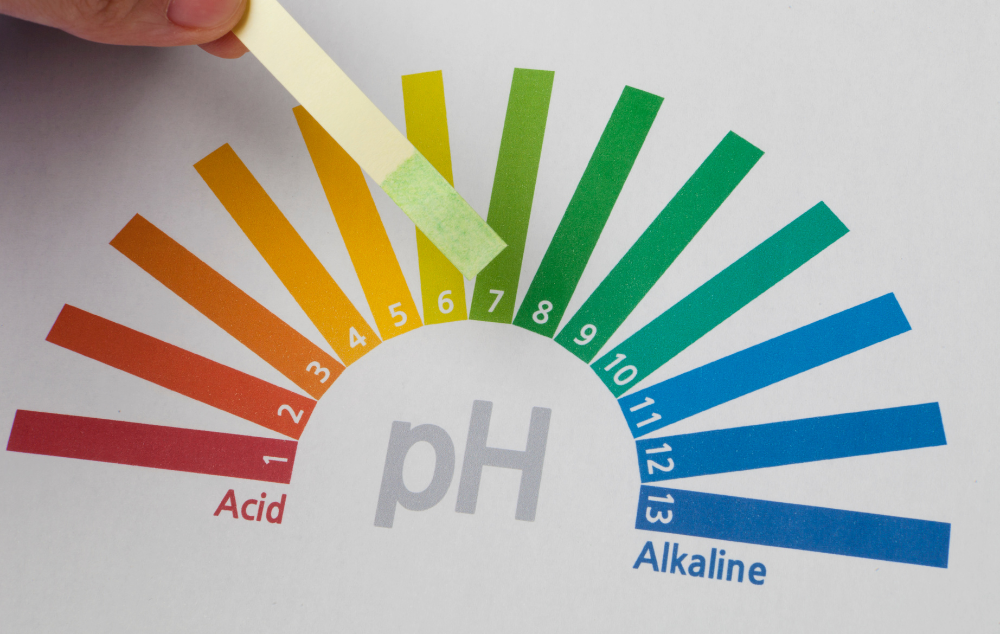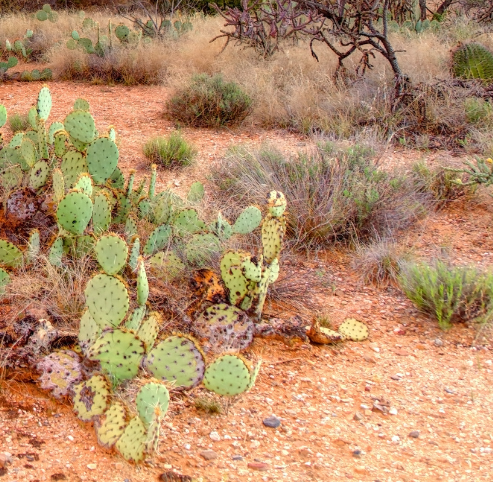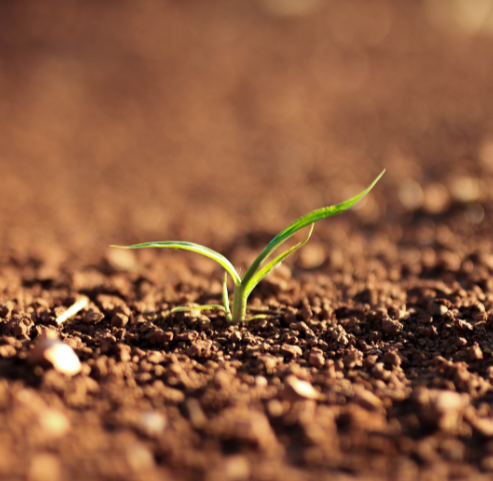Soil pH is a critical factor influencing plant health, nutrient availability, and overall garden success. In Tucson’s unique desert environment, understanding and managing soil pH can make a significant difference in your gardening outcomes. This article will explore the importance of soil pH in Tucson, the typical pH levels in the region, and how gardeners can effectively use soil sulfur to adjust and improve their soil conditions.
What is Soil pH?
Soil pH measures the acidity or alkalinity of the soil on a scale of 0 to 14:
- pH 7: Neutral
- pH below 7: Acidic
- pH above 7: Alkaline
Most plants prefer a pH range between 6.0 and 7.0, which allows for optimal nutrient availability. Deviations from this range can hinder plant growth, making it essential for gardeners to monitor and manage soil pH effectively.

Importance of Soil pH in Tucson
Nutrient Availability
Soil pH directly affects the availability of essential nutrients:
- Acidic Soils (pH < 6.0): Nutrients like iron, manganese, and phosphorus become more soluble, while others like calcium and magnesium may become less available.
- Alkaline Soils (pH > 7.0): Essential nutrients like iron and zinc can become unavailable, leading to deficiencies that manifest as poor plant growth or yellowing leaves.
Microbial Activity
Soil pH influences microbial populations, which play a vital role in decomposing organic matter and cycling nutrients. Most beneficial microbes thrive in a slightly acidic to neutral pH, making it important for maintaining a healthy soil ecosystem.
Plant Health and Growth
Plants grown in suboptimal pH conditions are more susceptible to diseases and pests. Maintaining the right pH can lead to stronger, more resilient plants that are better equipped to handle environmental stressors.
Typical Soil pH Levels in Tucson
Tucson’s soils tend to be alkaline due to the region’s geology and climate. Common pH levels range from 7.5 to 8.5, which can pose challenges for gardeners seeking to grow a variety of plants, particularly those that prefer more acidic conditions.
Testing Soil pH
Before making any amendments, it’s essential to test your soil pH. Here’s how to do it:
- Soil Test Kits: These kits are easy to use and provide quick results.
- Laboratory Testing: For more accurate results, consider sending a soil sample to a local extension office or lab.

Using Soil Sulfur to Lower pH
What is Soil Sulfur?
Soil sulfur is a natural amendment that can be used to lower soil pH. When applied to the soil, sulfur is oxidized by soil bacteria to form sulfuric acid, which reduces the pH level over time.
How to Apply Soil Sulfur
Step-by-Step Guide
- Determine the Amount Needed:
- As a general rule, you may need to apply 1 to 2 pounds of sulfur per 100 square feet to lower the pH by one unit. The exact amount can vary based on your current soil pH and desired pH.
- Choose the Right Time:
- Apply sulfur in early spring and fall, allowing time for it to react with the soil before planting.
- Application:
- Spread Evenly: Use a garden spreader or your hands to distribute the sulfur evenly across the soil surface.
- Incorporate into Soil: Lightly till or rake the sulfur into the top 6 to 12 inches of soil for better results.
- Watering:
- Water the area thoroughly after applying sulfur to help activate the process of lowering pH.
- Monitor Changes:
- Re-test your soil pH after several weeks to assess changes and determine if additional applications are necessary.
Considerations When Using Soil Sulfur
- Patience Required: Lowering soil pH with sulfur takes time, often several months. Be patient and monitor progress regularly.
- Soil Type Impact: Sandy soils will see a faster pH change than clay soils due to differences in microbial activity and water retention.
- Watch for Nutrient Imbalance: While sulfur can help lower pH, excessive application can lead to nutrient imbalances, particularly affecting nitrogen levels. Always test and monitor your soil regularly.
Additional Tips for Managing Soil pH
Organic Matter
Incorporating organic matter such as compost can help buffer soil pH levels and improve overall soil health. Organic matter also enhances microbial activity, which can assist in nutrient cycling.
Choose the Right Plants
Select plants that can tolerate or thrive in alkaline conditions, particularly if significant changes to soil pH are impractical. Many native desert plants are adapted to Tucson’s soil conditions.
Use of Mulches
Applying organic mulches can slowly acidify the soil as they decompose, benefiting acid-loving plants over time.

Conclusion
Managing soil pH is essential for successful gardening in Tucson. By understanding the importance of soil pH and how to effectively use soil sulfur to lower it, gardeners can create healthier growing environments for their plants. Regular testing, thoughtful amendments, and proper care will lead to thriving gardens that can withstand the challenges of the desert climate. With patience and diligence, you can cultivate a vibrant and productive garden in Tucson. Happy gardening!